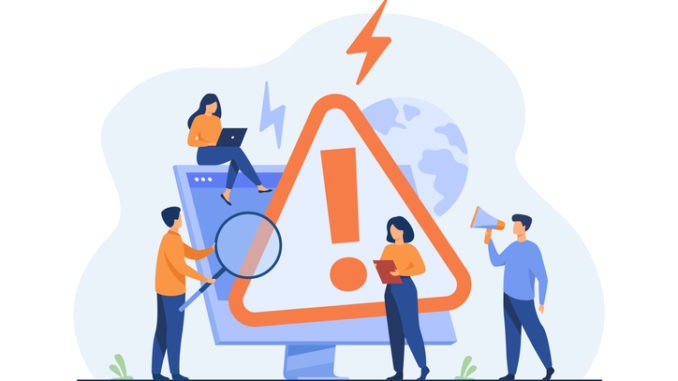
A switch to ‘phone and online offerings might not be the solution for everyone, writes Kim Thomas, but they might be part of a long-term solution to the funding chasm
CREDIT: This is an edited version of an article that originally appeared on The BMJ
Cheap and easy to scale
Online and ‘phone provision is cheap and easy to scale – could it permanently replace traditional face-to-face meetings? Emily Finch thinks we need to be cautious. While holding an AA meeting over Zoom, for example, might remove the obstacle of having to travel to a meeting, something is lost. “The AA meeting is a whole experience. Part of the point of the meeting is that it takes all evening,” she says
Trace agrees, “One of the essential ingredients of a recovery programme is the feeling people get from being in a group together. The jury has to be out on how strong that fellowship is when people are just doing it on a screen.” Indeed, of 208 substance users who responded to a survey in Wales, 58% of those who accessed online interventions did not find them effective.
Lucy, who asked for her surname not to be used, found that the stress of combining a highly demanding job at a trauma clinic with family commitments led to her drinking heavily. By November 2019, she says she had reached rock bottom. She turned to AA, attending meetings and acquiring a sponsor. For four or five months she remained sober, but then the pandemic hit and the move to online meetings didn’t appeal. “I’m a very face-to-face person,” she says.
She began drinking a third of a bottle of vodka every two or three days. Eventually, in April 2021, confronted by her family, she spent a month in rehabilitation and was successfully treated. Her ongoing recovery programme includes weekly AA meetings, one face-to-face and one with a “very warm, very open” group over Zoom—a combination that suits her well.
Larger quantities of methadone
The pandemic forced services to rethink in other ways. In April 2020 Public Health England recommended that, where appropriate, treatment services should provide people with drug use disorders with larger quantities of take-home medication, such as methadone, to reduce footfall in pharmacies. There is yet to be a full analysis of the impact, but the Welsh study found that most users welcomed the change, while Scott found that “by and large, rural users have coped well with big quantities of takeaway medication.”
A few even self-detoxified—something Scott has also observed in her clinical practice. “They have felt more confident to try and reduce their dosing because they felt it’s not a one-way ticket,” she says, meaning that they could increase the dose again if they wanted to.
The caveat, she points out, is that those recruited into the study were largely stable users. People with more chaotic lifestyles and use were necessarily less likely to take part. The study does, however, raise interesting questions about the future of service provision.
“In the past a lot of services have put most people on supervised consumption and left them there,” Scott says. People stable in their drug use, she argues, could benefit from a more nuanced approach that “may well mean that their drug treatment involves less frequent pick-ups, more dosing to take home, and then working out what their needs are around this support.”
A spirit of shared working
Perhaps one of the most promising innovations during covid, says Adamson, was a “new spirit of shared working, and people first.” The charity had been pushing for years for easier access to service users’ summary care records, to check what they had been prescribed. “And then COVID hit and, within three weeks, we had a national solution,” she says. “We now check everyone’s record online.” In principle, this could be extended further—the Health and Social Care Network and NHS Digital’s data security and protection toolkit provide a technological and governance infrastructure for greater sharing of health information. Adamson would also like to see more information shared between the third sector and agencies such as the police, providing service users give consent.
Financial and resource challenges will continue after the pandemic and Finch is particularly concerned about the possibility, since the Taliban takeover, of the UK being flooded with cheap heroin from Afghanistan. Although online services offer the opportunity to reach more people more cost effectively, Scott warns against moving the “drug treatment factory” wholesale to an online model that doesn’t work for everyone.
Addiction services, she says, “need the confidence to treat people as individuals.”

Be the first to comment